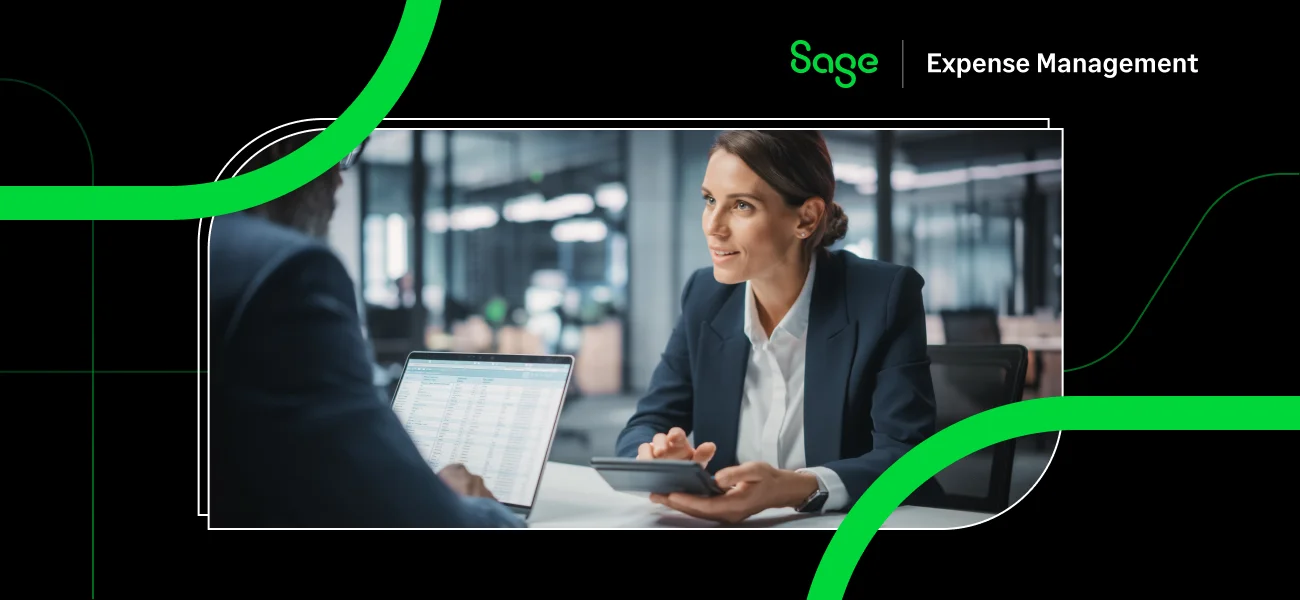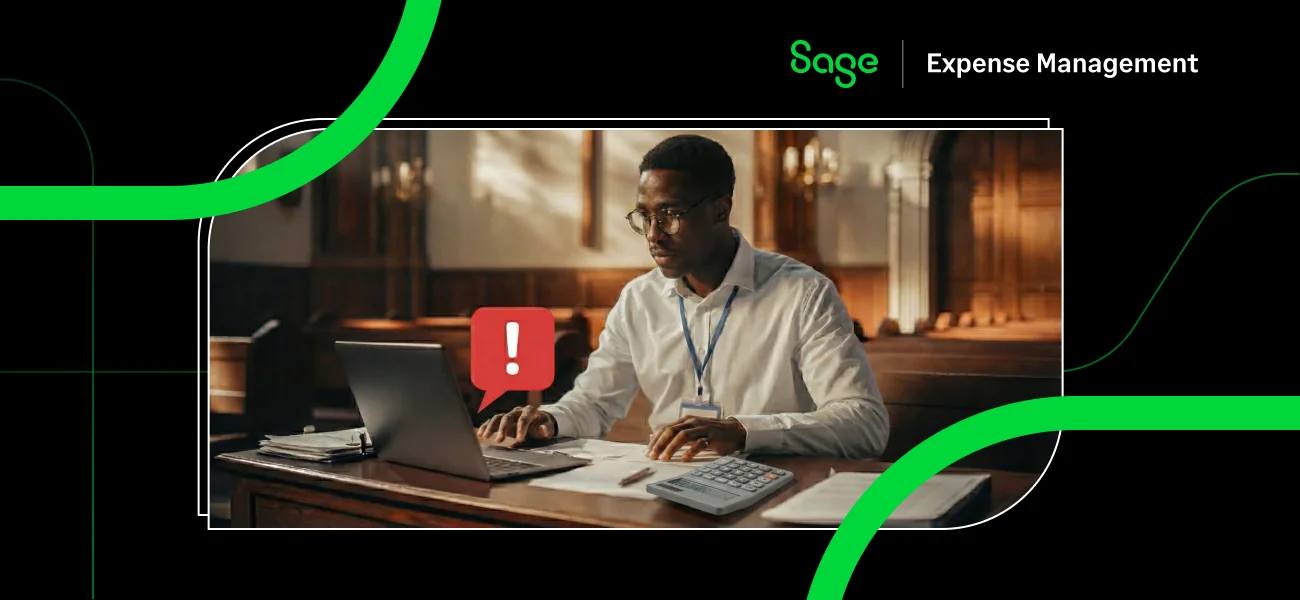As a real-time expense management software that stores important user data, Fyle is committed to protecting this sensitive information and ensuring privacy. Fyle achieved its SOC 2 Type I compliance in January 2022. We’re now excited to announce that we’ve become SOC 2 Type II compliant, as on August 18, 2022.
The components of SOC 2 Compliance
SOC 2 compliance is a global standard defined by the American Institute of Certified Public Accountants (AICPA), that demonstrates whether an organization has the necessary controls for its infrastructure, software, people, data and procedures. They’ve defined five ‘trust principles’ that ensure data safety - Security, Availability, Confidentiality, Processing Integrity, and Privacy.
While the Type I report describes a service provider’s data systems and whether the system is well designed to meet the trust principles, the Type II report measures the operational effectiveness of those systems. This involves recording and measuring the state of controls over a specified period of time, which is proof of a sustainable system.
Fyle’s SOC 2 Type II report
Fyle’s SOC 2 Type II certification was conducted by a third party auditor, Prescient Assurance. This is an internal controls report capturing how we safeguard customer data worldwide and how well those controls are operating. The audit measured the security of personnel, developments, testing, and Fyle’s cloud infrastructure security.
Fyle’s SOC 2 Type II audit report is now available to our customers; please reach out to our support@fylehq.com for more details. Fyle uses Sprinto to continuously monitor data and stay secure and compliant.
Manage business expenses securely with Fyle
As part of our ongoing dedication to data security, availability, and confidentiality we’re committed to consistently and critically reviewing how we collect, manage, and secure customer data. Needless to say, SOC 2 is just one of the steps we’re taking in this process. An external auditor routinely tests all our applications, infrastructure, and security processes for vulnerabilities every 6 months, with industry-standard testing methods. Fyle is also currently working on getting PCI DSS certified. Learn more about our security here.
Fyle is an expense management software that enables you to easily handle business expenses, without the headache of worrying about data security. Schedule a demo with us today to know more about Fyle!



















